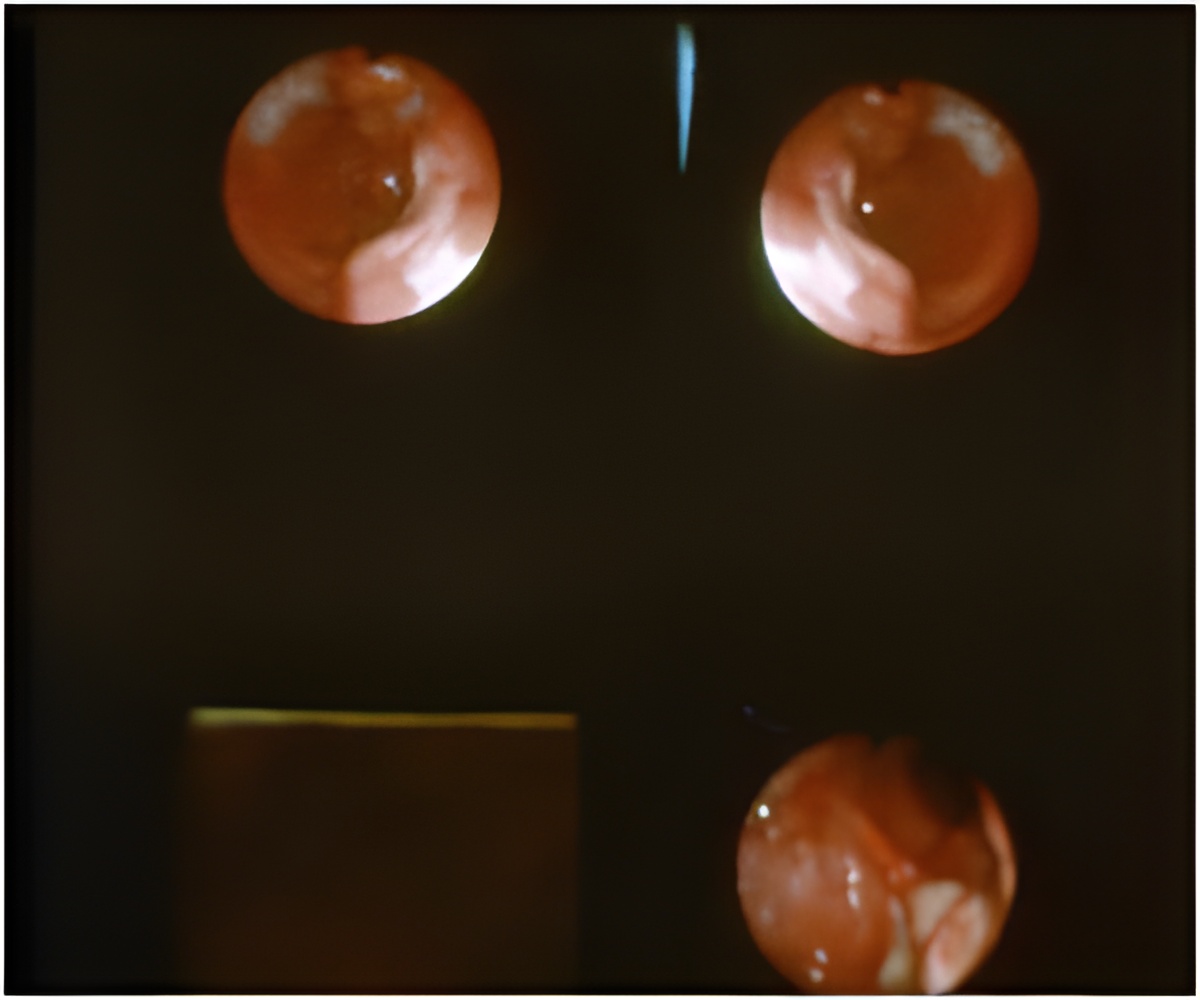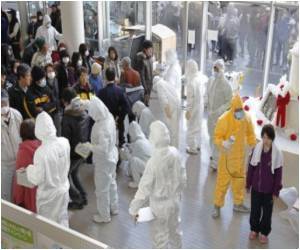Researchers at the University of Pittsburgh Cancer Institute (UPCI) have uncovered a technique to halt the growth of cancer cells, a discovery that led them to a potential new anti-cancer therapy.

"This is the first time anyone has explained how altering this protein at a key stage in cell reproduction can stop cancer growth," said Bennett Van Houten, Ph.D., the Richard M. Cyert Professor of Molecular Pharmacology at UPCI and senior author of the research paper. "Our hope is that this discovery will spur the development of a new type of cancer drug that targets this process and could work synergistically with existing drugs."
All cells have a network of mitochondria, which are tiny structures inside cells that are essential for energy production and metabolism. Dynamin-related protein 1 (Drp1) helps mitochondria undergo fission, a process by which they split themselves into two new mitochondria.
In breast or lung cancer cells made to be deficient in Drp1, the researchers observed a huge network of highly fused mitochondria. These cancer cells appear to have stalled during a stage in cell division called G2/M. Unable to divide into new cells, the cancer growth stops. Those cells that do try to divide literally tear their chromosomes apart, causing more stress for the cell.
The cover of the Journal of Cell Science includes a colorful image of a breast cancer cell deficient in Drp1 that is stuck during the process of separating its chromosomes into two identical sets to be divided among two new cells. Lead author Wei Qian, Ph.D., a postdoctoral fellow in Dr. Van Houten's laboratory, captured the image using a confocal microscope at Pitt's Center for Biologic Imaging run by Simon Watkins, Ph.D., a co-author of this study.
"Once we revealed this process for halting cancer cell growth by knocking out Drp1, we began looking into existing compounds that might utilize a similar mechanism," said Dr. Van Houten. "Now that we know affecting mitochondria in this manner inhibits cell growth, we could target drugs to this biological process to treat cancer."
Advertisement
Mdivi-1 is being tested in cancer cells in a laboratory setting. Those tests show that, while the compound acts as though it is depriving cancer cells of Drp1, it is actually using a different mechanism.
Advertisement
Source-Eurekalert














